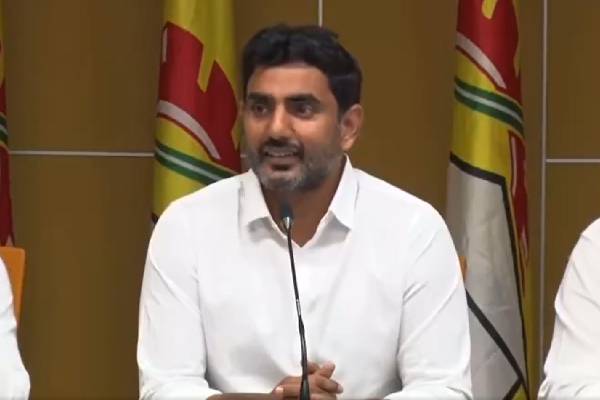Vice President M. Venkaiah Naidu on Friday said that there is a need to fast-track genome sequencing of new variants of SARS-CoV-2 to speed up development of suitable vaccines and drugs.
He stressed the need to intensify international collaborations by research institutions and to study feasibility of developing a universal vaccine that can neutralise various variants.
“Specialised research focusing on sequencing would help in timely interventions during the ongoing pandemic. Sequencing, as an adjunctive tool, plays a critical role in identifying the emergence of new viral mutations and thus, helps combat the spread of Covid-19,” he said while addressing scientists at CCMB’s LaCONES (Laboratory for the Conservation of Endangered Species) facility.
“With SARS-CoV-2 mutating frequently, we are seeing the emergence of new variants that are causing faster transmissibility. This is a cause for concern and calls for stepped up efforts from scientists to neutralise its ability to spread rapidly,” he said.
Naidu said the need for genome sequencing of new variants becomes crucial in the light of reports of big cats contracting Covid-19 in a few zoos in the country. Species jump of a virus – from humans to animals or vice versa – can lead to new variants and pose fresh challenges in the ongoing fight against the pandemic, he added.
He opined that LaCones is rightly positioned to make these linkages at both national and international levels, to understand the emergence of infectious diseases, and prevent such pandemics in the future.
He noted that LaCONES is one of the four centres in the country that can test animal samples for Covid-19 infection. It recently released guidelines in collaboration with the Central Zoo Authority and Ministry of Environment, Forests, and Climate Change for the zoo frontline workers on Covid-19 investigation for captive animals.
He complimented the CCMB for its contribution to the cause of Covid-19 mitigation that includes the establishment of rapid diagnostics, genome sequencing and surveillance. “Research done at the CCMB has also shown that coronavirus spreads through air and that it can be detected in sewage and wild animals. The easy transmission of this virus poses many challenges, and the way in which it might infect new hosts or other species will be an important area of research. This is where the CCMB can take a lead and shed some valuable light,” he added.
He said that it is now imperative that India pays greater attention to zoonotic diseases that impact both animals and humans. There are many reports that connect climate change to emerging infectious diseases. He hoped the CCMB, the LaCONES, and other research institutes and public health organisations in India would expand their facilities to perform surveillance using rapid genome sequencing platforms.
Naidu also appealed to people to shed vaccine hesitancy and take the required doses of the vaccine. The need of the hour is to create awareness among people that vaccines would provide a high degree of protection and even if infected, the disease will be less severe, he said.
At the same time, people should not lower their guard. Everyone should follow Covid-19 appropriate behaviour by avoiding large gatherings, maintaining social distancing, wearing masks, and remaining in well-ventilated areas, he added.

































